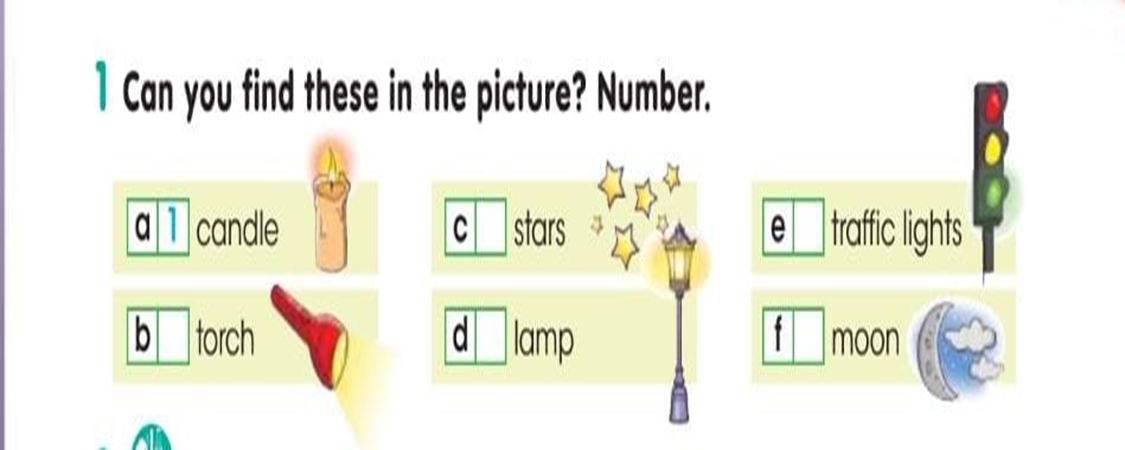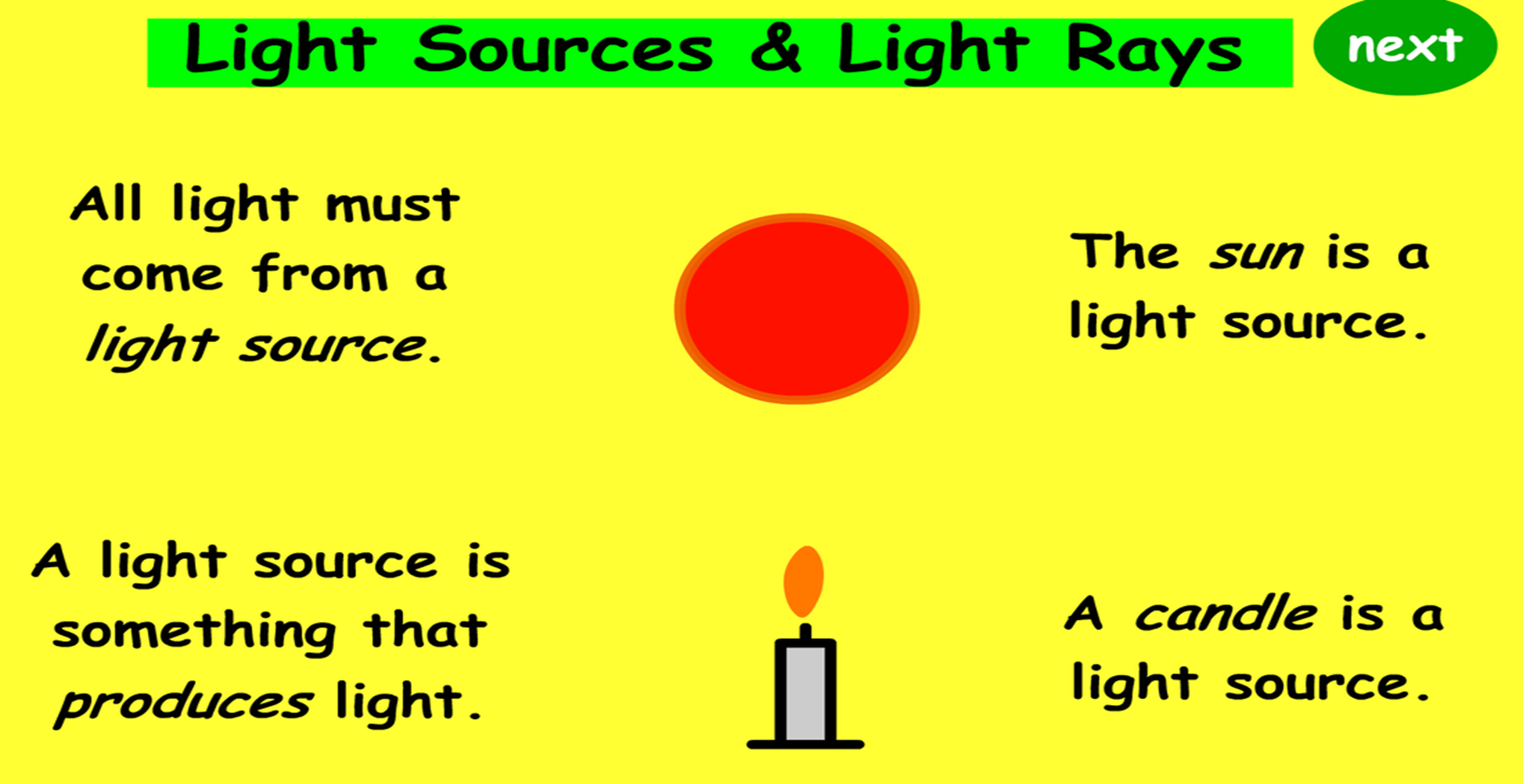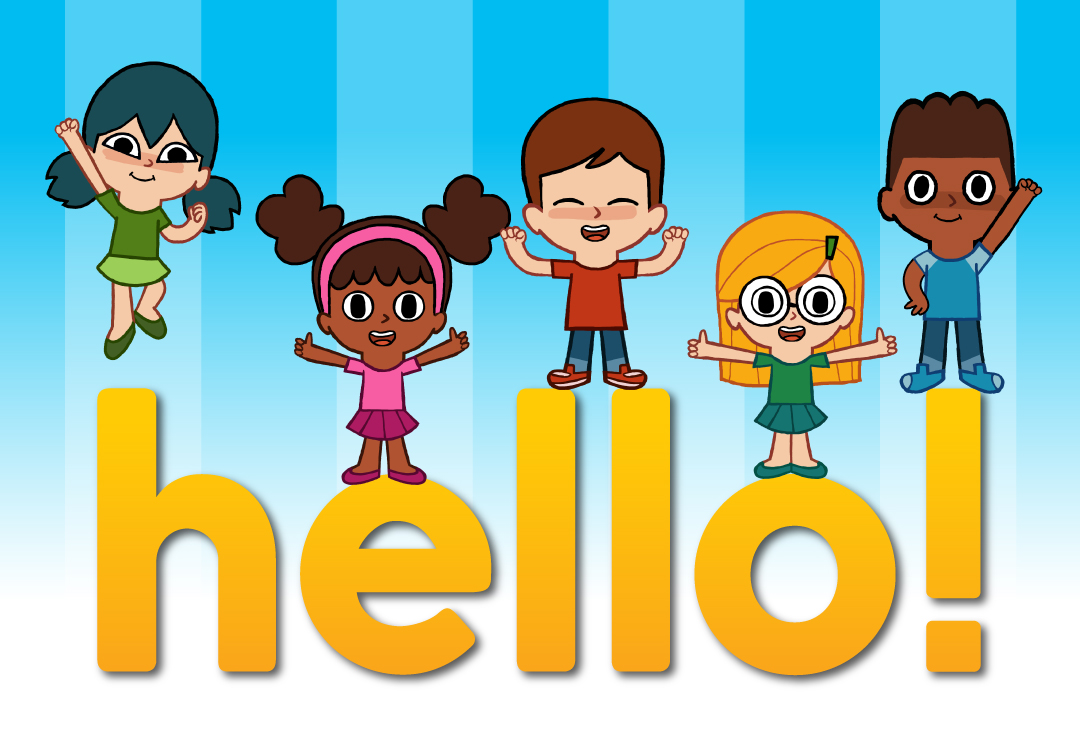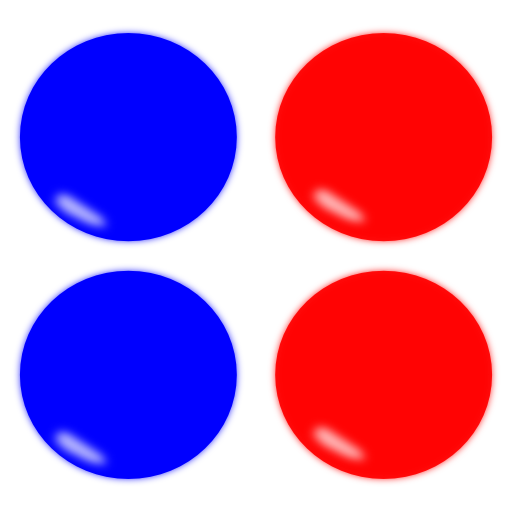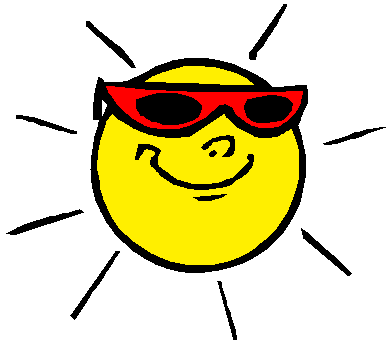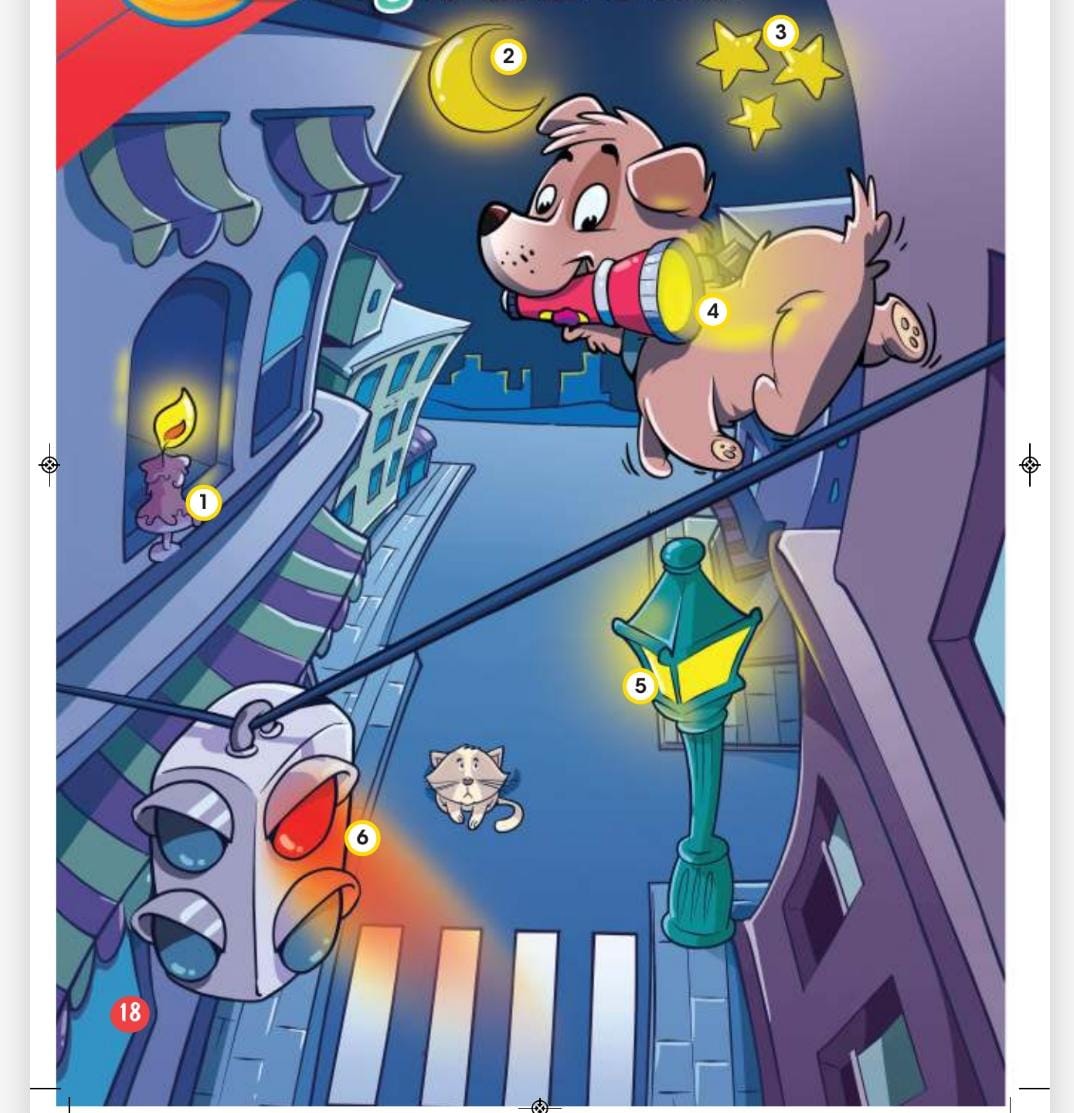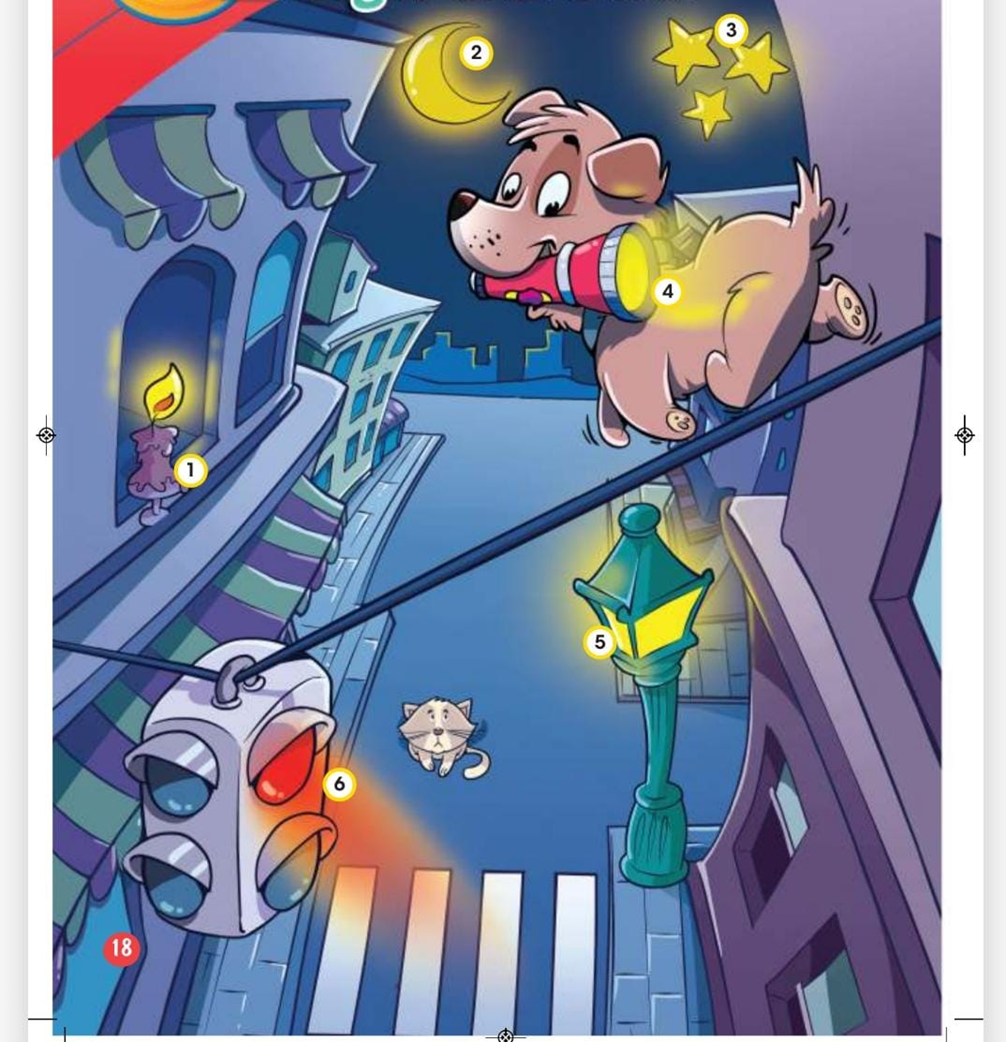
Lesson plan
|
Unit 2. Light and Dark |
School: № 92 |
||||||
|
Date:17.01.24 |
Teacher name: Mirkamilova Gulbakhor Miratzhanovana |
||||||
|
Grade: 3 B |
Number present: |
absent: |
|||||
|
Theme of the lesson: School rules |
|||||||
|
Learning objectives that this lesson is contributing to |
3.1.6.1 understand some specific information and detail of short, supported information or talk on a limited range of general and some curricular topics; 3.2.1.1 make basic statements which provide personal information on a limited range of general topics; 3.3.3.1 use can to make requests and ask permissions.use must \must not\have to talk about obligation |
||||||
|
Lesson objectives |
Learners will be able to: |
||||||
|
|||||||
|
Assessment criteria |
Learners have met the learning objective (3.1.6.1 3.2.1.1 3.3.3.1 if they can:
|
||||||
|
Cross - curricular links |
Introduction to science. |
||||||
|
Plan |
|||||||
|
Planned timings |
Planned activities |
Resources |
|||||
|
2 min
3 min
3 min
2 min
2 min |
Greeting & Objectives Lesson objectives learning objectives will be introduced. Check up home work Teacher will invite the children to go to the blackboard and choose krishki with different colors .Children choose krishki and there is a picture and they have to say in English what there Dividing into groups with these colors Explaining new theme: Teacher suggested to watch video (sources of light) and make predictions about theme of the lesson
New vocabulary: Source - источник Candle - свеча Torch - фонарик Lamp - лампа Traffic lights - светофор Nature - природа
Practice Activity 1
Keys:
SA: Students compare their answers with the answer key shown on the board Activity 2 Read and translate
Activity 3 Read and answer Which light comes from nature? Key: stars, moon, sun Which light do we make? Key: lamp, torch, candle
SA: Students compare their answers with the answer key shown on the board Activity 4 Complete the sentences using the words below Source lamp sun torch stars
|
|
|||||
|
|
|||||||
|
Reflection
Sun, candle, moon, stars, torch
Sun, moon, stars
Torch, candle, traffic light
|
|
||||||
|
Additional information |
|||||||
|
Differentiation – how do you plan to give more support? How do you plan to challenge the more able learners? |
Assessment – how are you planning to check learners’ learning? |
||||||
|
Less able students – greater support by means of prompts, visuals or writing difficult words on the board More able students – independent work on definite tasks with little/no support Allow for flexible groupings and cooperative learning, depending on the appropriateness to the task Allow for extra time for students needing it, when appropriate Give extra text or visual support to students needing extra English support
|
through observation |
||||||
жүктеу мүмкіндігіне ие боласыз
Бұл материал сайт қолданушысы жариялаған. Материалдың ішінде жазылған барлық ақпаратқа жауапкершілікті жариялаған қолданушы жауап береді. Ұстаз тілегі тек ақпаратты таратуға қолдау көрсетеді. Егер материал сіздің авторлық құқығыңызды бұзған болса немесе басқа да себептермен сайттан өшіру керек деп ойласаңыз осында жазыңыз
People and places
People and places
Lesson plan
|
Unit 2. Light and Dark |
School: № 92 |
||||||
|
Date:17.01.24 |
Teacher name: Mirkamilova Gulbakhor Miratzhanovana |
||||||
|
Grade: 3 B |
Number present: |
absent: |
|||||
|
Theme of the lesson: School rules |
|||||||
|
Learning objectives that this lesson is contributing to |
3.1.6.1 understand some specific information and detail of short, supported information or talk on a limited range of general and some curricular topics; 3.2.1.1 make basic statements which provide personal information on a limited range of general topics; 3.3.3.1 use can to make requests and ask permissions.use must \must not\have to talk about obligation |
||||||
|
Lesson objectives |
Learners will be able to: |
||||||
|
|||||||
|
Assessment criteria |
Learners have met the learning objective (3.1.6.1 3.2.1.1 3.3.3.1 if they can:
|
||||||
|
Cross - curricular links |
Introduction to science. |
||||||
|
Plan |
|||||||
|
Planned timings |
Planned activities |
Resources |
|||||
|
2 min
3 min
3 min
2 min
2 min |
Greeting & Objectives Lesson objectives learning objectives will be introduced. Check up home work Teacher will invite the children to go to the blackboard and choose krishki with different colors .Children choose krishki and there is a picture and they have to say in English what there Dividing into groups with these colors Explaining new theme: Teacher suggested to watch video (sources of light) and make predictions about theme of the lesson
New vocabulary: Source - источник Candle - свеча Torch - фонарик Lamp - лампа Traffic lights - светофор Nature - природа
Practice Activity 1
Keys:
SA: Students compare their answers with the answer key shown on the board Activity 2 Read and translate
Activity 3 Read and answer Which light comes from nature? Key: stars, moon, sun Which light do we make? Key: lamp, torch, candle
SA: Students compare their answers with the answer key shown on the board Activity 4 Complete the sentences using the words below Source lamp sun torch stars
|
|
|||||
|
|
|||||||
|
Reflection
Sun, candle, moon, stars, torch
Sun, moon, stars
Torch, candle, traffic light
|
|
||||||
|
Additional information |
|||||||
|
Differentiation – how do you plan to give more support? How do you plan to challenge the more able learners? |
Assessment – how are you planning to check learners’ learning? |
||||||
|
Less able students – greater support by means of prompts, visuals or writing difficult words on the board More able students – independent work on definite tasks with little/no support Allow for flexible groupings and cooperative learning, depending on the appropriateness to the task Allow for extra time for students needing it, when appropriate Give extra text or visual support to students needing extra English support
|
through observation |
||||||

шағым қалдыра аласыз


